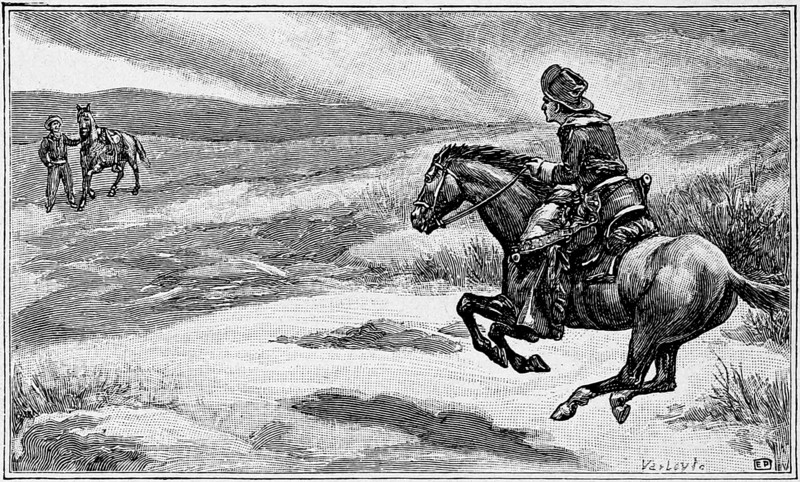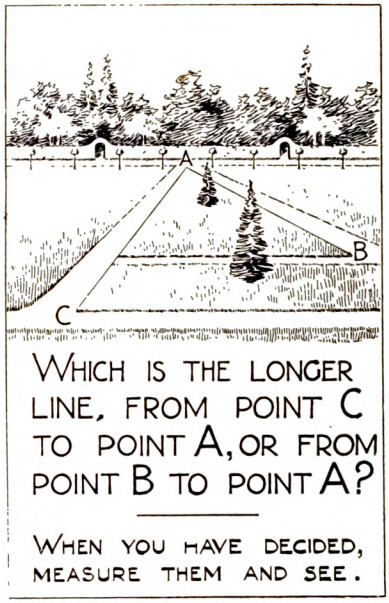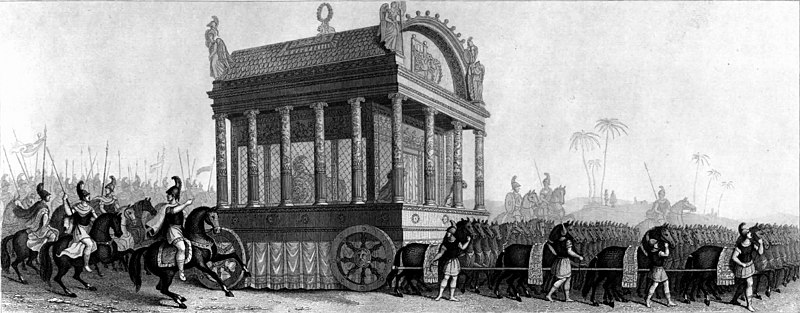In 1962, Croatian music teacher Frane Selak was riding from Sarajevo to Dubrovnik when his train jumped the rails and plunged into a river. Seventeen people died, but he escaped with hypothermia.
A year later a plane door malfunctioned and he was blown into midair. The plane crashed and he landed in a haystack.
Three years after that he was riding a bus that skidded into a river; he swam to safety. (“By this time my friends had stopped visiting me,” he said.)
In 1970 his car caught fire as he was driving it. He escaped before the fuel tank exploded.
Three years after that, another car caught fire; his hair was singed but he was otherwise unharmed.
In 1995 he was knocked down by a Zagreb bus but sustained only minor injuries.
The following year he nearly collided with a United Nations truck; he crashed through a mountain guardrail but managed to leap clear of the car.
In 2003, two days after his 73rd birthday, he won a lottery jackpot worth a million dollars. He married and bought two houses and a boat, and in 2010 gave away most of the rest to friends and family.






